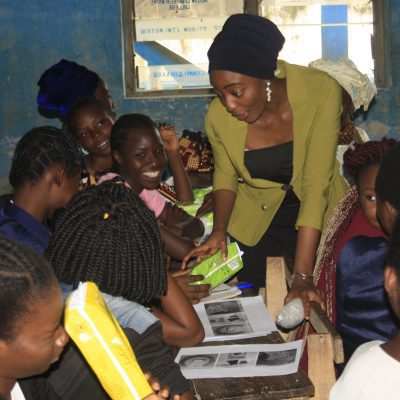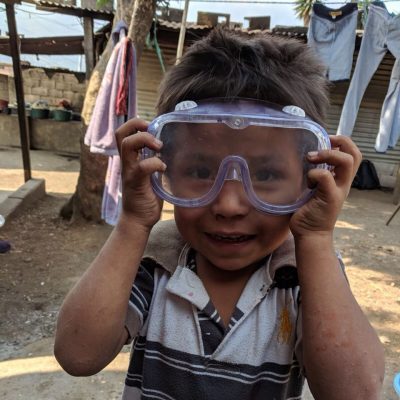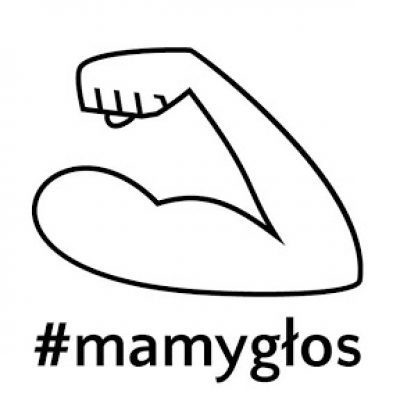Article
Always passionate about women and girls’ rights, public health, and social justice, Senior Fellow Faith Oloruntoba came up with a sex education campaign program encouraging young Nigerian teenage girls to talk freely about “taboo” topics relating to sexual health.

Growing up as a girl in a patriarchal and misogynistic country like Nigeria, Faith experiences were tough and infuriating. Girls are raised in a culture of silence, especially on vital issues of sex and sexuality. On the other hand, boys are encouraged to be sexually proactive. In addition, there are many things about menses and sex that are usually not explained to young girls. When asking questions around the topic, Faith was shut down and warned by her surroundings. Thus, it was a burning desire for her to educate and enlighten young girls on their sexual rights.
According to World Health Organization, Nigeria has one of the worst incidences of teenage pregnancy in the world. Over half of its young female population get pregnant before age 19.
Thus, teen pregnancy is a thorn in their lives, compounding their suffering economically, physically and socially. Likewise, STDs affects about one forth of Nigerian teenagers, of which females in rural areas are the most vulnerable. This high incidence has been attributed to inadequate information on sex among this group. Research has shown that poor sex education leads to teen pregnancy, increased STDs and other health problems.
To solve this problem, Faith believes it is important that young females are able to talk freely about sex, contraceptives, menstruation, asking questions and getting the right information on sexual health and how to protect themselves. This is what the project SHE talks aims to do: to encourage unfettered discussion on so-called taboo topics, as awareness is the first step towards sexual safety.

Faith’s key objectives when initiating the project were to discuss sex, contraceptives, birth control, STDs prevention in an interactive, engaging, no-holds barred manner with the selected girls.
To encourage them to talk, the young female participants were given brief oral and written exercises at intervals to understand exactly what they know about these topics and correct any inaccurate information. To execute the program, Faith contacted four NGOs for support. Only two responded positively, however, they said they could not provide financial support, but would guide her in contacting supportive schools and communities and provide communication campaign materials to share.
She jokes that perhaps her next project should be names SHE Writes.
Having secured the funding and partner NGOs, Faith reached out to three communities and two schools: In effect, one community, Maroko, Lagos, Nigeria and one school, Ikotun comprehensive high school, Lagos, Nigeria confirmed their participation, and a total of 27 young females from rural areas participated in the workshop. At first, the young women were very shy to speak up. Subsequently, Faith asked the participants to write down their concerns and questions, resulting in much better results.
One of the biggest challenges Faith faced when carrying out the SHE Talks, was the lack of female condoms and the inability to distribute the male condoms. This action was met with insistent refusal by principal, teachers and the community involved, since they saw that as an encouragement to promiscuity among girls.
“This incident made me realise the negative impact of culture and misinformation on sex education and STD prevention. Nigeria still has a long way to go in that aspect but I was happy I could do something.”
Faith says, the program was a relative success and the feedback from participants and school principal was overwhelmingly positive. In fact, the principal even asked her to repeat the program every year to reach more girls. The feedback has encouraged Faith to enlarge the campaign by involving more communities, reaching out to more girls and partnering up with more NGOs.






